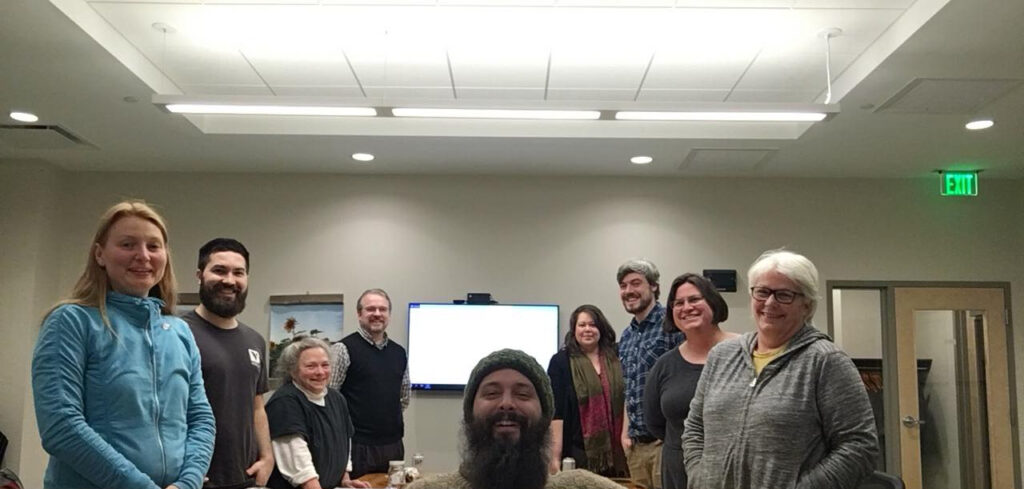Earlier this year, the Vermont Solidarity Investing Club hosted its fifth annual meeting to take stock of its assets, including investments in a Vermont-based grocer, a pickling company in Massachusetts, and a restaurant group from Colorado.
But unlike traditional investment clubs, VSIC’s 27 members have made all of their investments in co-ops.
To date, VSIC’s 27 members have invested more than $60,000 in nine different businesses and funds, making it a sort of co-op for co-ops.
“Our distinction is our focus specifically on investing in cooperatives,” says Matthew Cropp, chair of VSIC.
VSIC was founded in 2016 and is incorporated as a limited liability company, rather than a cooperative corporation.
That said, in the co-op tradition, the club governs itself on a one-member, one-vote basis when it comes to decision-making. Each member owns a portion of the LLC, which they contribute $20 to $200 on a monthly basis. Investment decisions are made at quarterly in-person meetings or between meetings using the online voting platform Loomio.

The largest of VSIC’s current investments is in the Cooperative Fund of New England, which loans money to co-ops, democratic worker-owned businesses, and community organizations, and — like VSIC — is not incorporated as a co-op per se, but operates on consensus decision-making.
VSIC also invests in other cooperative funds and financial institutions, like the Kachuwa Impact Fund and the Vermont State Employees Credit Union, but its portfolio includes retail and wholesale businesses too, such as City Market and the worker-owned cooperative Real Pickles.
According to Real Pickles co-founder Addie Rose Holland, the company makes use of traditional lines of credit for regular expenses like purchasing vegetables — but community investors like VSIC allow the co-op to take on larger projects, like improvements to their production facility.
VSIC was part of a round of community fundraising in 2019, which allowed Real Pickles to install a solar hot water system and second solar array, making its operations 100 percent solar powered.
For Holland, using community financing to invest in renewable energy reflects a two-way street of support and responsibility.
“It’s important because we’re sharing the risk with our community and it allows us to have a little bit more flexibility with how we use the money,” she says. “We’re also, through these relationships, wanting to make sure that we’re doing responsible things with that financing as well.”
While supporting the growth of existing co-ops such as Real Pickles is part of VSIC’s mission, the club also focuses on developing entirely new cooperative ventures.
“In the short term, our goal is to support the creation and growth of co-ops in our community and more broadly,” says Cropp, the VSIC chair. “We also seek to create and maintain a community of practice for folks locally interested in solidarity economy organizing that can spin off into new co-op projects.”
One such spin-off is the Vermont Real Estate Cooperative. Launched by VSIC members in 2019, VREC purchased its first property, a commercial space which is leased to a tenant, last year. Today, VREC has more than 40 members with over $100,000 in assets and is considering further investments in commercial and real estate property.
For Cropp, the ability of VSIC to not just financially support existing cooperatives, but to help form new ones like VREC, is essential.
“Our hope is that the club will serve as a key building block in the local co-op development ecosystem,” he says.









